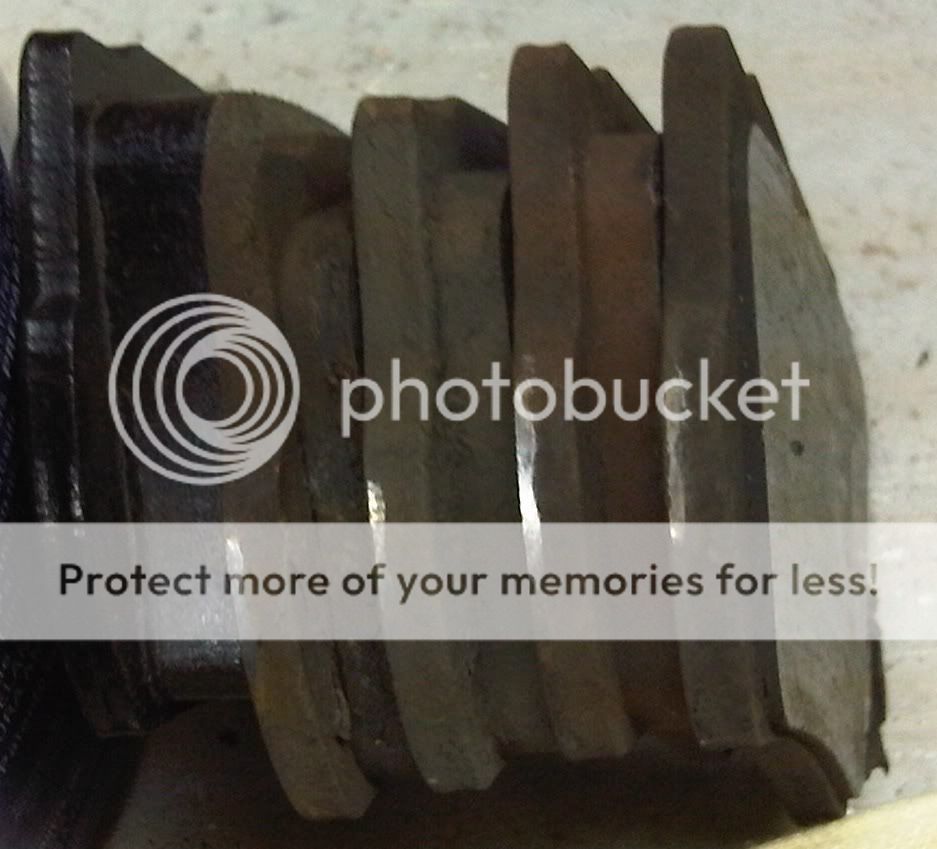Jim_Newman
Jedi Hopeful
Offline
After 52 years in service, it's time to replace the fluid reservoirs (it has two because of an earlier installation of a brake servo unit from a BJ8).
I'm sure someone out there in BCFland has done this.
There is of course no drain plug for the tanks so what is the best/easiest way to make the swap without getting brake fluid everywhere? And will it require that the brakes be bled in the process? (I've never actually done that before).
As always, any advice or guidance is greatly appreciated.
Cheers:eagerness:
I'm sure someone out there in BCFland has done this.
There is of course no drain plug for the tanks so what is the best/easiest way to make the swap without getting brake fluid everywhere? And will it require that the brakes be bled in the process? (I've never actually done that before).
As always, any advice or guidance is greatly appreciated.
Cheers:eagerness:

 Hi Guest!
Hi Guest!

 smilie in place of the real @
smilie in place of the real @
 Pretty Please - add it to our Events forum(s) and add to the calendar! >>
Pretty Please - add it to our Events forum(s) and add to the calendar! >> 



